For Canadian hip-hop artist DillanPonders, music has always been a form of self-expression. But his journey toward self-discovery took an unexpected turn when he decided to tackle one of his greatest personal challenges: sobriety.
What started as an 18-minute jog on a beach became a life-changing pursuit culminating in Dillan running 100 marathons in 100 days. His story is one of resilience, transformation, and using discomfort to uncover his most authentic self.
Hip-hop artist DillanPonders shared his experience with host Dan Murphy on Episode 38 of the Don’t Change Much Podcast.
A Moment of Awakening
In the lead-up to his 30th birthday, DillanPonders was at a breaking point. “I was really unhealthy—mentally, physically, spiritually,” he recalled. “I was drinking about a two-six a day, every day, for a couple years. It was getting to the point where I was throwing up blood. I didn’t recognize myself in the mirror, and I had this general lethargy and aura of loathing.”
A trip to the Dominican Republic with his fiancée brought his struggles into sharp focus. “The first two days of that trip, I was drinking quite a lot—honestly, that’s an understatement. It was an all-inclusive resort, so I was drinking all day, every day, into the night. I woke up the next morning throwing up blood. I looked in the mirror, started crying, and said, ‘It’s time to put down alcohol.’”
Three days later, on November 13, 2021, Dillan committed to sobriety: “I said, ‘I’m just going to put down alcohol for 90 days.’ Little digestible bites.”
The First Steps
Dillan’s sobriety journey began with a short run. “On November 14th, I went to the beach and immediately started running. It was relatively mindful in that I knew I had to do something with my body, sweat out the toxins, and a part of me just wanted to do something that I hadn’t done in a really long time.”
He described those first steps: “I ran along the beach for about 18 minutes. I was exhausted, but I said, ‘Okay, so I know I’m addicted to drinking. So every time I feel like I’m falling into the thrall of drinking, let me run because this is good for me.’ I made a promise to myself to run every time I felt like drinking.”
Returning to Toronto, Dillan continued to build on this promise. “I downloaded the Nike app and started tracking my kilometres. I could only do two or three at first. After a week or two, it was four to five. By the time I hit the 90-day mark of abstinence from alcohol, I said, ‘I’m going to keep this going for as long as I can.’”
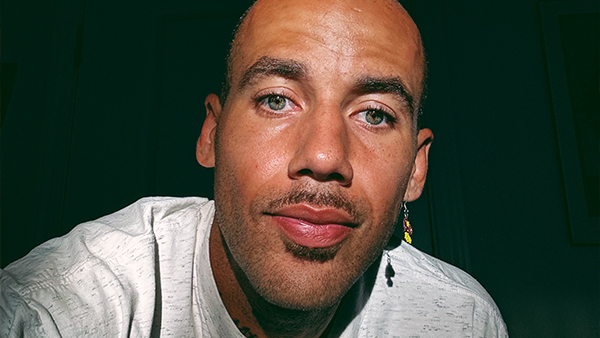
100 Marathons in 100 Days
The decision to run 100 marathons in 100 days pushed Dillan to his limits. “It was the most difficult thing I’ve ever done in my life—hands down,” he admitted. “Physically, these runs were gruelling in ways I couldn’t even imagine.”
“But the mental battle was the most significant and prominent mountain for me to climb. Waking up every single morning knowing exactly what I was in for required me to take a step-by-step mindset rather than looking at the entire distance that I had to run on a day-to-day basis because it was overwhelming, and it would make it seem insurmountable.”
“I had to legitimately break down the run into digestible segments mentally. ‘Okay, I can run 5 kilometres eight times,’ or, ‘I can run 2 kilometres and take a minute.’”
Dillan celebrated each day as a milestone. “After the second marathon, every single day was a celebration because I was in uncharted territory for 100 days straight,” he said. “At the end of each day, I would always exude gratitude. My biggest celebration was just eating, spending time with my fiancée, and laying down as expeditiously as possible.”
Mindfulness and Mental Health
Running became more than a physical outlet for Dillan—it became a way to process emotions he had buried for years. “I replaced being a deep thinker with [being] a deep drinker,” he said. “While I was running, I would start to think about why I felt low. I realized that being honest with myself and thinking about the things I didn’t want to think about allowed me to put them into perspective.”
This self-awareness transformed how Dillan approached his mental health. “A lot of my mental health issues were rooted in my substance abuse. I was trying to numb my superpowers—that I’m an empath, that I’m a feeler, that I’m a thinker. Those are things I’m grateful for now, but I was not really open to experiencing the immense nature of all of these things [back then].”
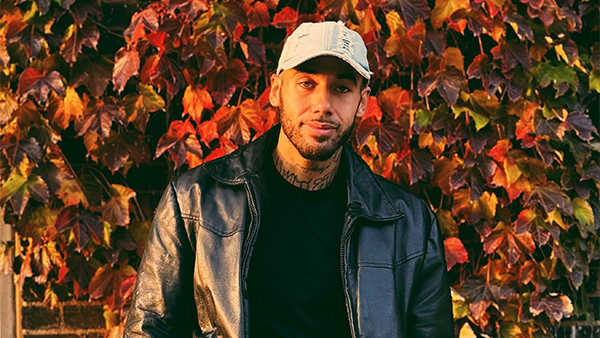
Supporting Others
As Dillan’s story gained attention, he used his platform to help others. “Even to this day, I allocate between 30 minutes to an hour of my days to open up messages from people all over the world,” he said. “To be in a position to just offer a safe space for people to talk about things that they may not talk to anyone in their life about has been one of the greatest blessings of this chapter of my life.”
However, Dillan also emphasized the importance of balance. “I still have to prioritize my mental health. I have to make sure my morning routine is done, which is wake up, stretch, work out, run, write, sometimes clean. Whatever it may be. I’m very elastic with my morning routine, but it’s always productive.”
Some days, it’s a little harder and more rough to take in the influx of messages that I’m receiving. But I also look at that as a blessing because I know I’m over here just reading these things, and I’m not going through them directly. I have to check myself and make sure that I’m in the right space to offer insight.”
The Philosophy of ‘Don’t Change Much’
Reflecting on the podcast’s title, Dillan shared his interpretation: “‘Don’t Change Much’ to me is a firm reminder that you are enough. You are capable of doing great things without imagining yourself as someone else.”
“You don’t have to be a different person to be the best version of you. Just take minor steps and break down things that are seemingly monumental into things that are digestible. You’ll get to wherever you want to be and beyond.”
What’s Next?
Dillan’s journey is far from over. “In 2025, I plan on conquering a couple ultramarathons—UTMB, Badwater,” he said. “Musically, I’ve been releasing one song a week for over two years. In 2025, I’m going to do two songs a week for the year. I’m also working on a book called Thought Food, which I plan on publishing in 2025.”
DillanPonders’ story is a testament to resilience, mindfulness, and the transformative power of small changes. As he puts it, “You don’t have to imagine yourself as someone else to achieve greatness.”
Listen to the full Don’t Change Much podcast episode with DillanPonders and Dan Murphy below.
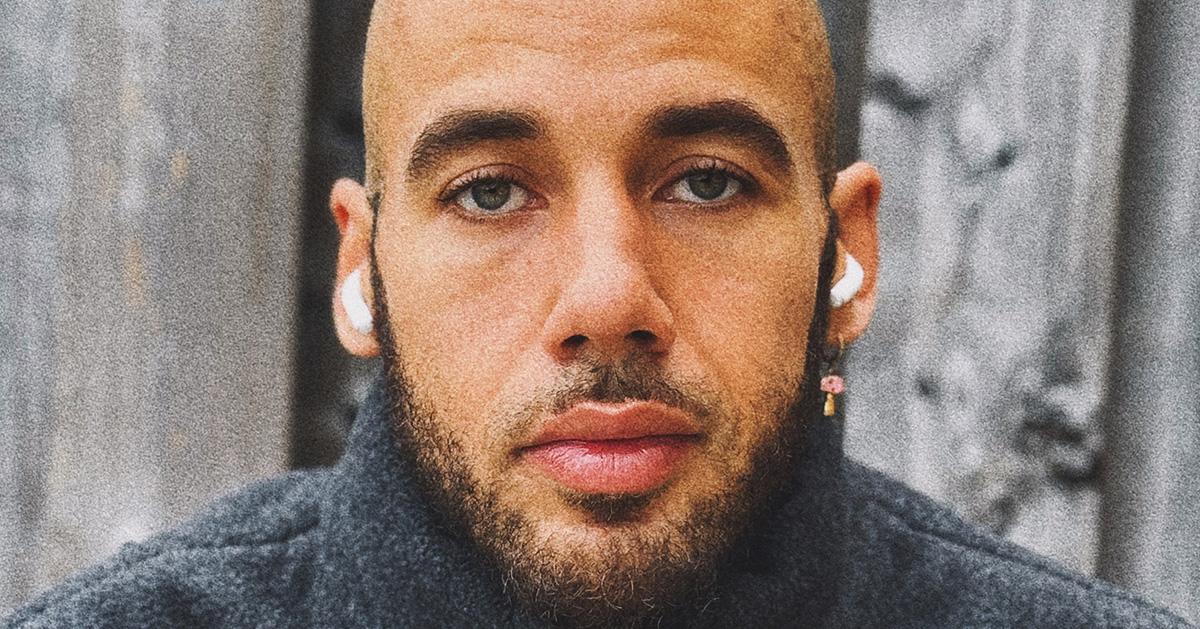








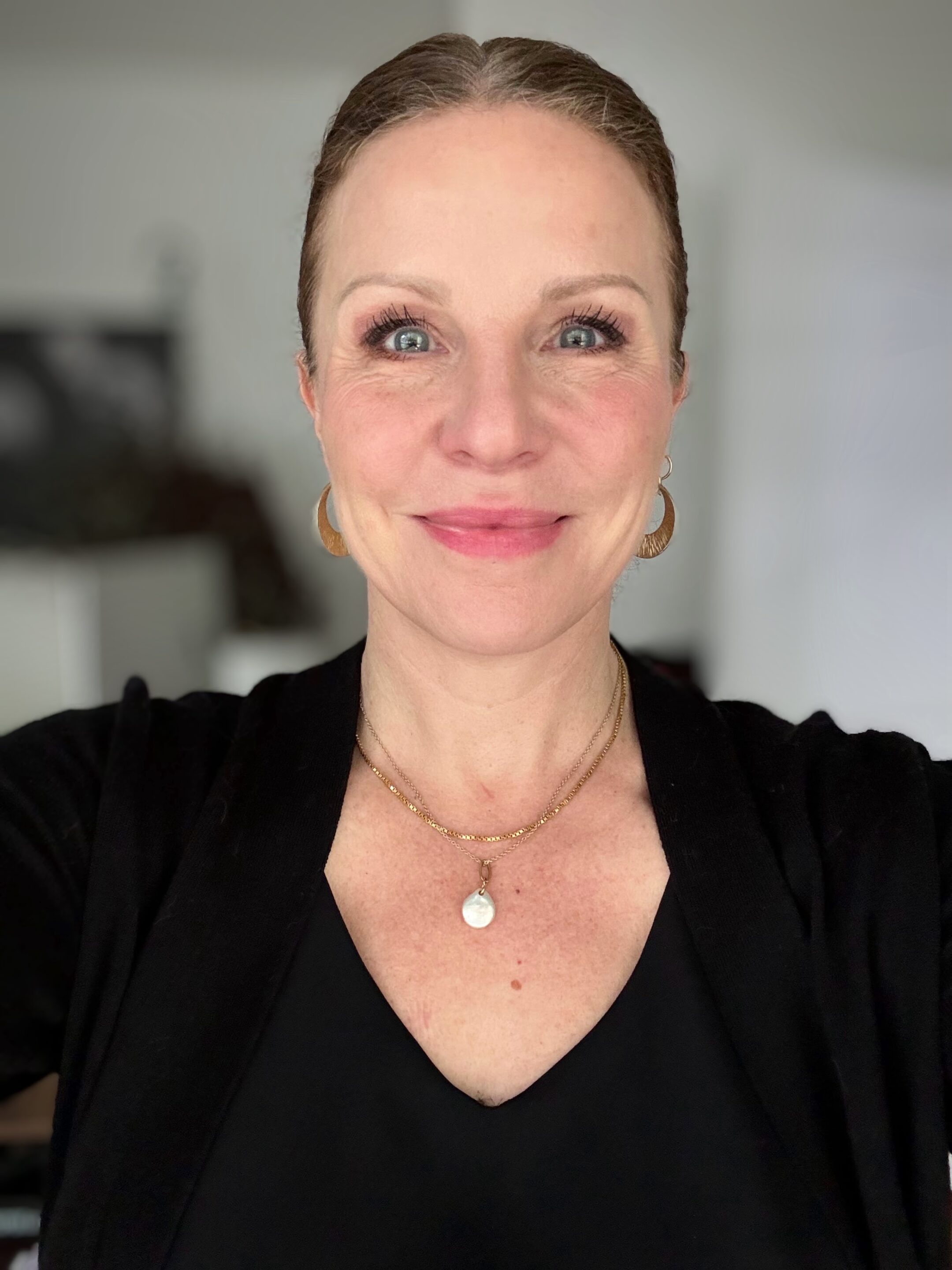


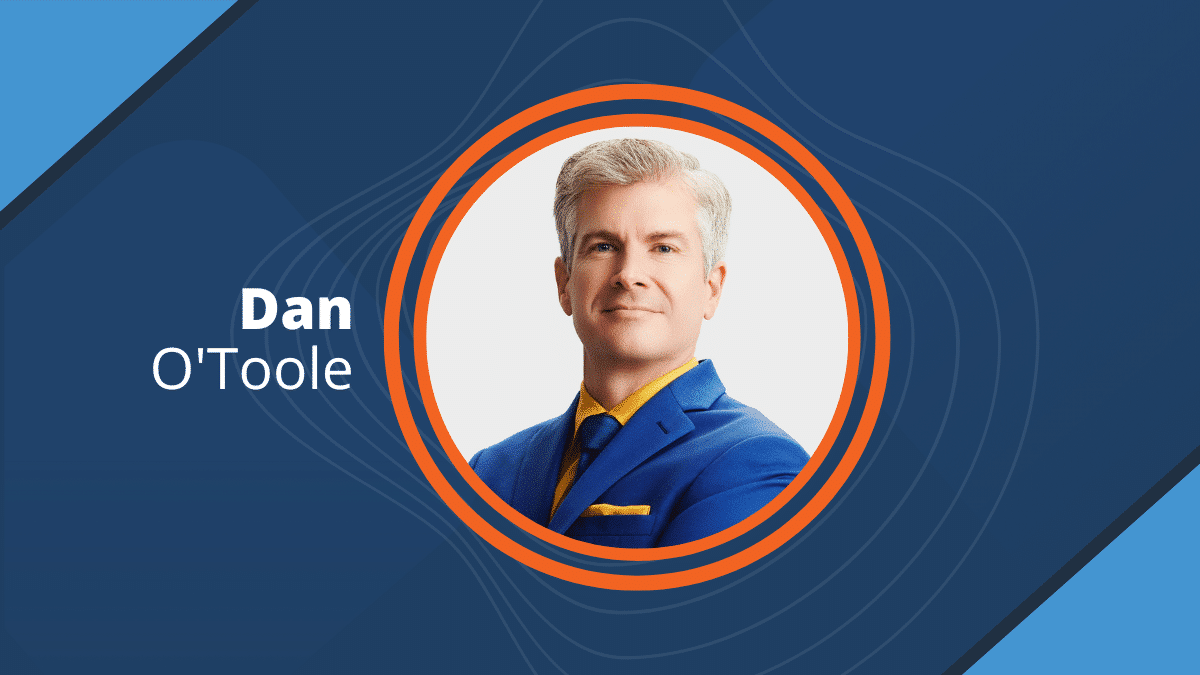
This inspiring article captures DillanPonders’ powerful journey from addiction to sobriety through running. Honest and uplifting, it sheds light on men’s mental health while celebrating the healing power of movement and discipline. A moving reminder that change is possible, one step at a time.